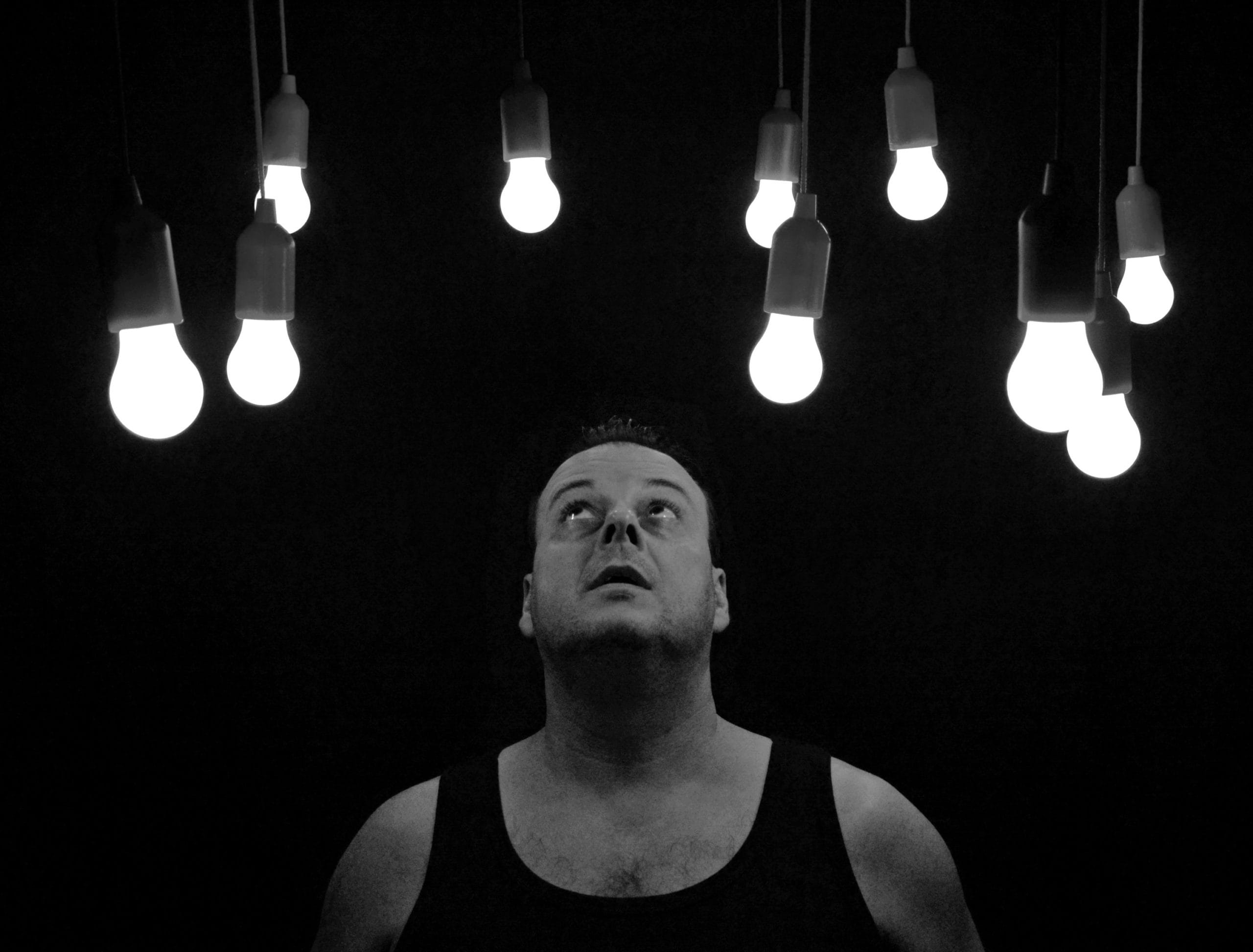
Common Misconceptions about Addiction & Recovery
We live in an age of unlimited information, but information should not be mistaken for knowledge. Addiction and recovery is a prime example of a topic where the knowledge void is often filled with untruth, rumour, and conjecture. Society has long viewed addiction as a moral failing, however according to researchers and specialists in the field of addiction treatment, addiction is more than simply a behavioural disorder. Most addicts experience physical, emotional, cognitive, and behavioural complications that require professional treatment.
The following are a few of the common misconceptions about addiction and recovery, accompanied with the actual facts dispelling those myths.
Misconception: Addiction is a choice and all one needs to beat addiction is will power.
Fact: Substance abuse often begins as a choice to attain euphoria, relaxation or pain relief. But substance abuse should not be mistaken for addiction. Prolonged substance abuse changes the user’s body and brain chemistry. When this happens the user no longer appears to have a choice and this is when use and misuse become addiction. The brain sends signals of powerful and intense cravings, which are accompanied by a compulsion to use. These brain changes make it extremely difficult to quit and often a treatment program is required.
Misconception: Those with substance use disorders have to hit ‘rock bottom’ before they can get help.
Fact: This is a dangerous misconception that can prevent a person from getting treatment before financial ruin, imprisonment, overdose or possibly death occurs. Waiting to hit ‘rock bottom’ is only going to result in more damage to the person’s health, and recovery will be more challenging. Given the impacts on the brain and possible consequences of addiction, the earlier one can get treatment, and begin recovery the better. The longer drug abuse continues, the stronger the addiction becomes and the harder it is to treat.
Misconception: Addiction is for life
Fact: This is simply not true. The problem this myth creates is that it places a huge emotional and psychological burden on addicts in recovery. Addiction is a spectrum disorder, like depression, and every person is different. While there are plenty of cases where addicts struggle for years to overcome addictions, many more cases reveal the opposite, many short-term users manage to put the past behind them and lead normal, productive lives.
Misconception: If an addict is forced into treatment, it will fail.
Fact: Treatment doesn’t have to be voluntary to be successful. People who are pressured into treatment by their family, employer, or the legal system are just as likely to benefit as those who enter treatment voluntarily. With sobriety, the addict will have more clarity and this can only help to foster change.
Misconception: Many people relapse. Rehab doesn’t work.
Fact: Recovery from any addiction is not always a linear process and relapse is often a part of that process. Research shows that about one-third of people who are treated for substance abuse problems have no further symptoms one year later. Even if a person never achieves perfect abstinence, addiction treatment can reduce the number and duration of relapses, minimise related problems such poor health, crime and improve the individual’s ability to function in daily life. These improvements reduce the social and economic costs of addiction. Rehab isn’t just a place. It’s an education and a lifestyle. It’s where an addict can gain and understanding of the root causes for the addiction, become equipped with the skills needed to combat cravings, and to glimpse a view of what life without their addictions may hold.
The more we learn about addiction, the more effective substance abuse recovery programs become. Matching clients to the services they most need, while supporting continuous and focused engagement in treatment is imperative. Today’s treatment providers are better able to do this than ever before.
At Ibiza Calm, we have an expert team of highly professionals available at all times for any number of addictions you or a loved one may be suffering with, so please do not hesitate to call us if you need any help or advice.
(SPAIN) +34 664 443 433
(UK) +44 203 868 5710
Share this information, choose your platform!
Tips for staying safe and sober during the holidays
The holiday season is upon us, and what is a fun time for some – with parties and get-togethers – for others it can be difficult, fraught with emotion and expectation; and for those in recovery, it can be a …
How exercise and addiction recovery works
Does exercise have an important part to play in recovery? We are constantly told that regular exercise is a good for us but it could be the last thing on your mind when it comes to recovery. Many people exercise …
5 reasons to consider a rehab centre for the treatment of depression
Residential rehab is typically linked with substance misuse and addiction. However, it is also a practical and sensible option for those struggling with depression, or any other mental health condition, who need the extra care and support that inpatient treatment …
Overdose Awareness Day
Last week was international overdose awareness day, a day which started in 2012, originating in Australia, but aimed at raising awareness all over the world. Below are facts and Statistics around drug overdosing. 190,000 is the estimated number of deaths …









